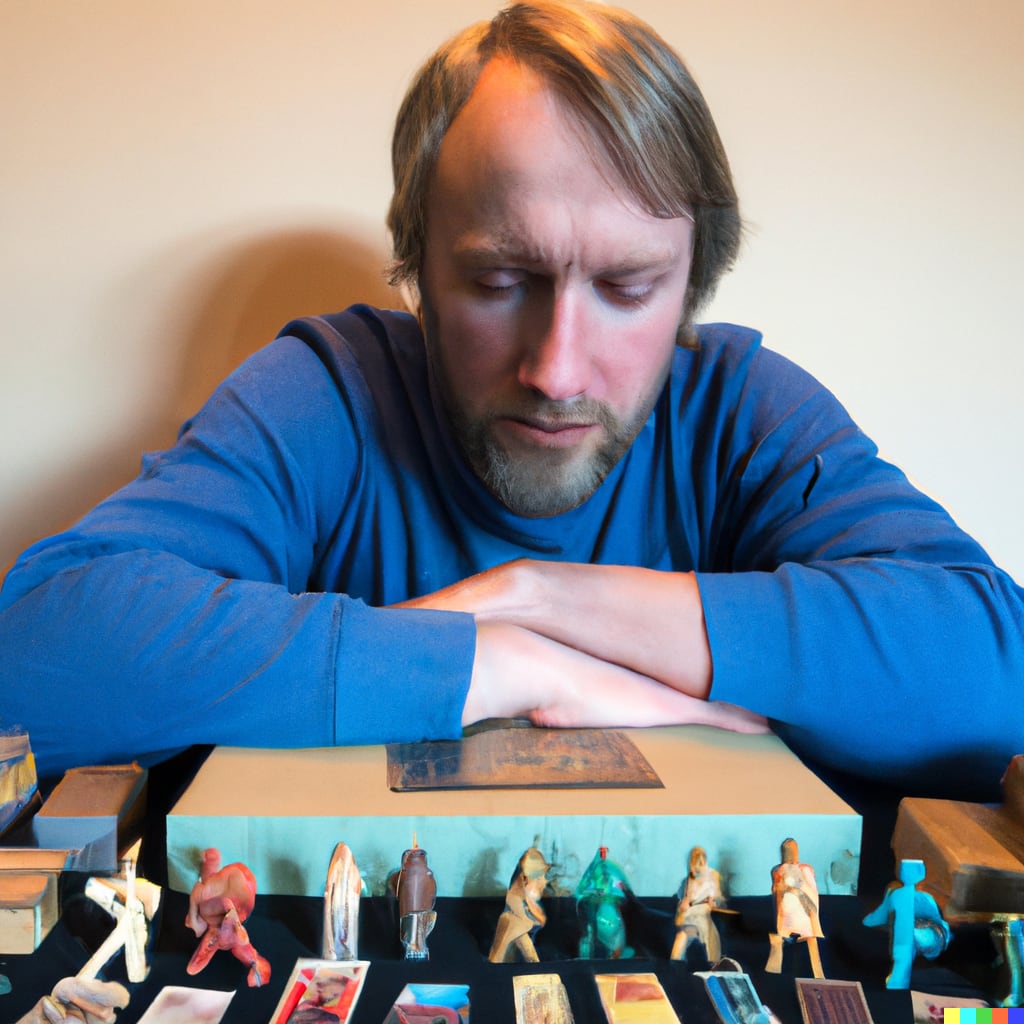The Psychology of Collecting
Understanding Why We Hold On to Things

Collecting is a widespread hobby that millions of people around the world enjoy. Whether it's stamps, coins, toys, or books, collecting can be a fascinating and rewarding pastime. But have you ever wondered why we collect things in the first place? What drives us to accumulate and hold on to objects, even when they may not have any practical use or monetary value?
The psychology of collecting is a complex topic that has intrigued scholars and researchers for decades. One theory suggests that collecting is a way of satisfying our innate desire to gather and hoard resources, which may have been beneficial to our survival in prehistoric times. In this sense, collecting can be seen as a vestige of our evolutionary past, when the accumulation of food, tools, and other resources was essential for survival.
Another theory suggests that collecting is a way of expressing our identities and values. The objects we collect often reflect our interests, hobbies, and personal tastes, and can be a source of pride and identity. For example, a stamp collector may feel a sense of connection to history and culture through their collection, while a toy collector may feel a sense of nostalgia and connection to their childhood.
Psychologists have also identified several psychological factors that may contribute to the allure of collecting. One such factor is the pleasure we derive from the act of acquiring new items. This pleasure is often driven by a release of dopamine, a neurotransmitter that is associated with feelings of reward and pleasure.
In addition, collecting can also provide a sense of control and order in our lives. In a world that is often chaotic and unpredictable, the act of organizing and categorizing objects can give us a sense of mastery and control. This is particularly true for individuals who struggle with anxiety or other mental health issues.
However, collecting is not without its downsides. For some individuals, collecting can become an obsession that consumes their time, money, and energy. This can lead to social isolation, financial problems, and even mental health issues.
Furthermore, the act of holding on to objects can also create clutter and stress in our lives. This is particularly true for individuals who collect items that are not useful or meaningful, but simply accumulate over time.
Overall, the psychology of collecting is a fascinating and complex topic that has implications for our understanding of human behavior and motivation. While collecting can be a source of pleasure, identity, and control, it is important to be mindful of the potential downsides and to engage in collecting in a healthy and balanced way.
Research has also shown that the emotional attachment we form with our collections is a significant factor in why we hold on to things. For many collectors, their objects hold sentimental value, representing memories, experiences, and relationships. This emotional attachment can make it difficult to let go of items, even if they no longer serve a practical purpose or have lost their monetary value.
Moreover, collecting can also be a form of investment. Some collectors may acquire items with the intention of selling them at a later time for a profit. This can be particularly true for collectors of rare and valuable items, such as art or antiques. In some cases, collecting can even become a form of business, with collectors buying and selling items as a way to make a living.
Another aspect of collecting is the social aspect. Collecting can provide a sense of community and belonging, as collectors come together to share their interests and knowledge. This can take the form of online forums, local clubs, or larger conventions and events.
It's also worth noting that collecting is not limited to physical objects. In the digital age, many individuals also collect virtual items, such as digital art, music, or video game items. This form of collecting has its own unique set of motivations and challenges, as the value and scarcity of digital items can be difficult to determine.
About the Creator
Jacob Glory
I fell in love with words as a child. After overcoming self-doubt, I found my voice and began publishing my work online. Through my writing, I explore human emotion and weave stories that are raw and honest.






Comments
There are no comments for this story
Be the first to respond and start the conversation.